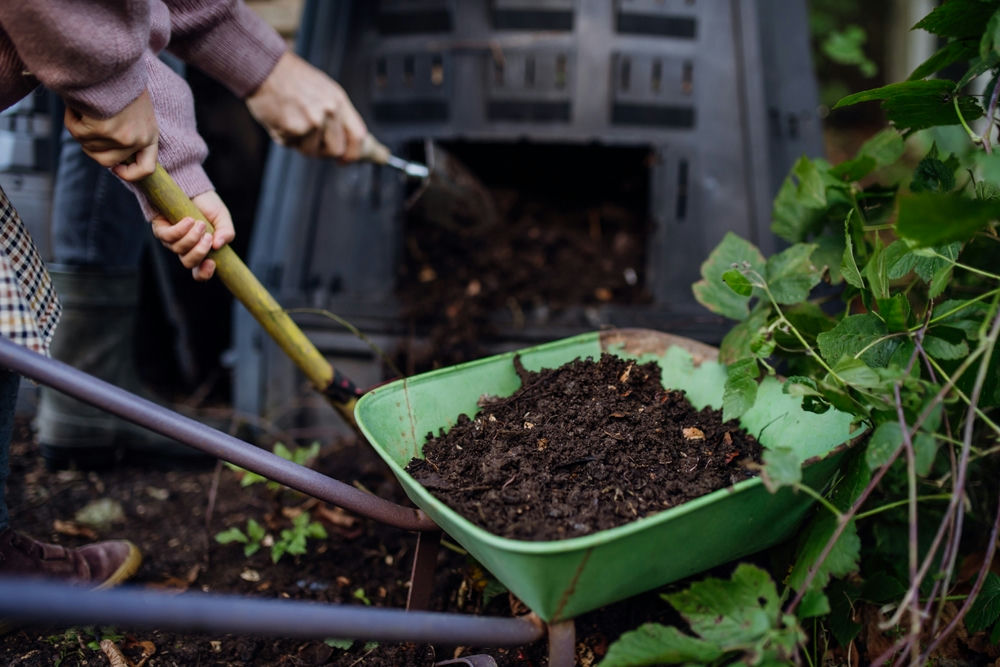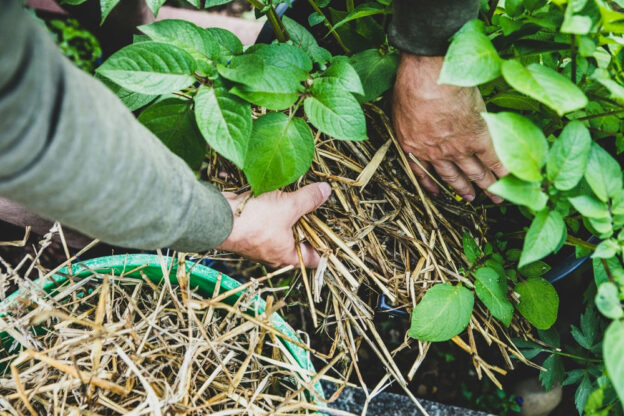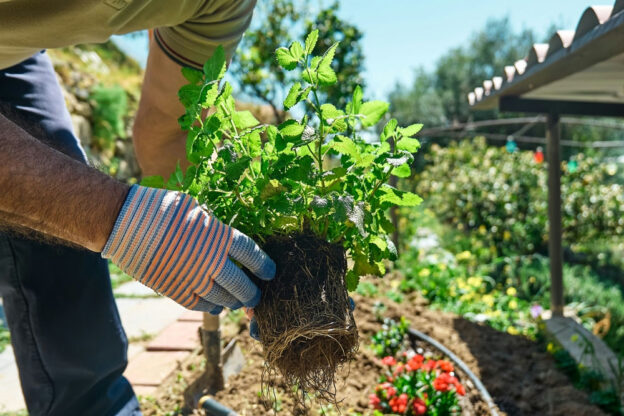Learn to grow healthy, fresh food at home with Costa and friends – this spring! Join Grow It Local +
Learn > How To
Building amazing soil

Building amazing soil
G’day folks, today we’re going to dive into the art of naturally building and enhancing the soil in
your garden. Why? Because the better your soil, the better and more nutritious the food that it
can grow for you to enjoy. Using organic and natural techniques, you can learn how to build
your soil, making it the perfect foundation for a pumping veggie patch.
Understanding Soil Composition
First up, you need to figure out what kind of soil you have in your garden already. Australian
soils vary widely—from almost pure sand to heavy clay. Vegetables thrive in soil which balances
sand, silt, and clay, and are rich in organic matter. If your soil is too sandy or too clayey, don’t
worry! Improving its composition is easier than you think.
Organic Matter is Key
Organic matter, such as compost or worm castings, is the cornerstone of healthy soil. Not only
does it improve the structure of your soil, but it also boosts moisture retention, provides
essential nutrients, and enhances microbial activity. So if you’re not composting or worm
farming already, then it’s time to learn! That way you can divert your food scraps from landfill
and turn them into garden gold instead!
Green Manures
Incorporating green manures is a simple way to build soil structure and health. Usually divided
into warm season and cool season mixes, green manures are a diverse mixture of plants grown
purely to feed the soil. Growing a green manure crop and then working it back into the soil is a
great way to feed and build structure in your garden beds

Worm Farming: Your Soil’s Best Friend
Setting up a worm farm is a fantastic way to convert kitchen waste into rich soil conditioner.
Worms break down organic material, producing both worm castings and liquid that are excellent
for your garden. Worm farming is easy to do and can even be handled in a small backyard or
balcony. Remember to keep your worms happy and healthy by not over feeding them and
making sure that their “house” doesn’t get too hot, dry or wet.
Mulching for Moisture and Health
Mulch isn’t just for keeping your garden tidy; it’s a vital component for healthy soil. Mulching
your garden can help conserve moisture, suppress weeds, and feed your soil. For veggie
gardens, look for mulches like sugar cane or pea straw that are light and break down
reasonably quickly. Apply mulch around the plants in your patch, making sure that you leave a
little space between your mulch and your plant’s stem to avoid potential diseases.
Regular Soil Testing
Finally, don’t forget the importance of occasionally testing your soil’s pH. Most veggies like to
grow in a neutral soil and the pH of your soil will affect the availability of nutrients to your plants.
Testing kits are readily available from garden centres or hardware shops, and while it might
seem a little sciencey or technical, it’s actually super simple to do and will pay dividends in your
patch
FInal Thoughts
This is just a quick snapshot of some of the many ways that you can build up the soil in your
patch. It’s definitely something to focus on and learn how to do as a home food grower, because
the healthier your soil, the healthier and more delicious the food you can grow!



